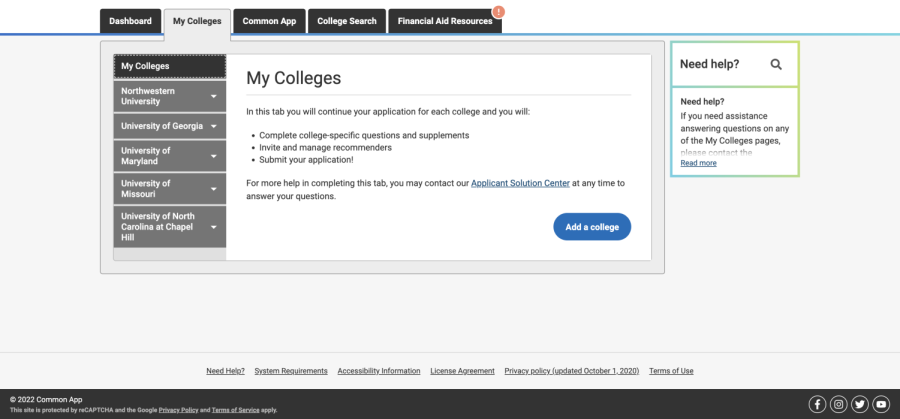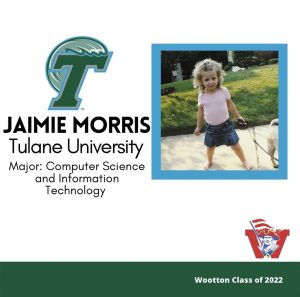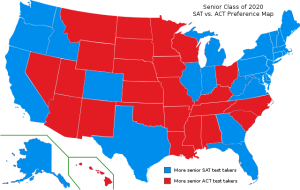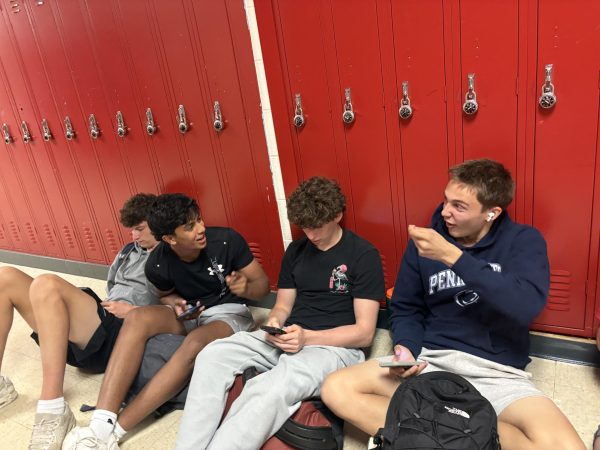The college process: What I wish I knew
Screenshot by Josie Rosenstein
The Common Application, along with the Coalition Application, is used to apply to college. Some universities, like MIT and Georgetown, choose to use their own application.
As a second-semester senior, my last year of high school is quickly coming to an end. One of the biggest obstacles seniors face is applying to college and deciding where to go. After completing the application process and deciding on a university, I reflected on what I wished I knew before applying to college and picking where I would be spending the next four years.
Virtual Options: I was fortunate to know what I wanted in a university before applying to college. However, knowing what you want and knowing what schools have those characteristics are two different things. COVID-19 prevented me from touring schools in person, making the process even more challenging. However, I quickly realized that schools offered virtual tours and information meetings. I recommend taking advantage of all virtual opportunities. At first, it may seem boring, but tours and sessions are incredibly useful in deciding whether or not a school is worth applying to or attending. It is not always feasible to complete an in-person tour for the schools you are considering, so virtual tours are a great option. If you already have a college in mind, check out their website and see what they offer.
Summer work: During the application process, I utilized the Common Application to apply to my desired schools. The application was released one month before the beginning of the school year. Over that month, I worked on my personal essay. However, I chose not to begin my supplemental essays until school began; I wanted to enjoy my final month of summer. I do not recommend following my path. There is homework, extracurricular activities, school events and a general lack of time when school starts. It is in your best interest to complete as much work as possible during the summer.
Outside Opinions: One of the hardest and most unexpected obstacles throughout this whole process has been other people’s opinions. As a self-identified people pleaser, I did not want to disappoint anyone in deciding what school to attend. This struggle came to a head when I was accepted into my childhood dream school, and I took three weeks to accept my offer. People were perplexed over why I considered any school over my dream school. I had to learn that their confusion was not my problem. Filter out the outside noise and trust your gut. You know what is in your best interest.
Take your time: Students must commit to college by May 1 if they want to enroll the following school year. However, early decision and early action decisions come out in the winter. I was fortunate enough to hear back from one of my rolling application schools in September. After hearing back from my first school, I had the desire to commit as soon as possible. I put immense pressure on myself to make up my mind, which was unnecessary. Take your time. Make a pro/con list. Do everything in your power to make an informed and sound decision.
The college application process is a stressful time. However, there are steps you can take and tools you can utilize to mitigate stress. Good luck!
Your donation will support the student journalists of Thomas S. Wootton High School. Your contribution will allow us to purchase equipment and cover our annual website hosting costs.
Josie Rosenstein is a 2022 graduate.










